Does Coolant Expire in the Bottle?
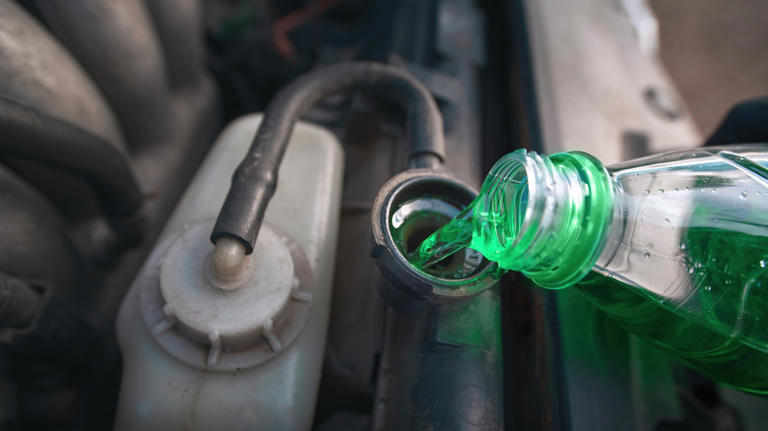
Coolant, also known as antifreeze, is essential for regulating your vehicle’s engine temperature and preventing overheating. Over time, you might wonder whether coolant expires or degrades while sitting unused in a bottle. The answer is yes, coolant can go bad in the bottle, although its shelf life is longer than many other fluids.
Shelf Life of Coolant
The shelf life of coolant, when stored in a sealed container, generally lasts 3 to 5 years. This timeline can vary depending on the type of coolant and the storage conditions. Here’s what to keep in mind regarding the expiration of coolant in a bottle:
- Type of Coolant:
- Ethylene Glycol-based Coolant: This is the most common type of coolant. When stored in a sealed container, it can last for about 5 years.
- Propylene Glycol-based Coolant: This type is less common and has a similar shelf life, but it might degrade a little quicker than ethylene glycol-based coolant.
- Organic Acid Technology (OAT) Coolant: This type can also last up to 5 years if stored properly.
- Storage Conditions: The storage conditions greatly affect the coolant’s lifespan. Coolant should be stored in a cool, dry, and dark place, away from extreme temperatures, humidity, or direct sunlight. If coolant is exposed to heat or light for extended periods, it can degrade more quickly.
How Can You Tell if Coolant Has Expired?
Over time, coolant can lose its effectiveness due to the breakdown of the chemicals that prevent rust, corrosion, and freezing. To tell if your coolant has gone bad, consider these signs:
- Discoloration: Fresh coolant is typically a vibrant color (usually green, orange, or pink). If the coolant has changed color and appears cloudy or rusty, it may have expired.
- Odor: Expired coolant can develop a foul or sour smell, indicating it’s no longer effective.
- Separation: If you notice that the coolant has separated into layers or has visible particles in it, this could be a sign that it’s gone bad.
Why Does Coolant Expire?
Coolant contains a mixture of chemicals designed to protect your engine and maintain its temperature. These chemicals can break down over time due to:
- Chemical Breakdown: Over time, the corrosion inhibitors and other additives in the coolant lose their effectiveness, leaving your engine unprotected against rust and corrosion.
- Evaporation of Water Content: If coolant isn’t sealed properly, the water content can evaporate, reducing the fluid’s ability to maintain the correct temperature.
- Contamination: Exposure to dirt, moisture, or other contaminants can cause the coolant to degrade faster.
What Happens if You Use Expired Coolant?
Using expired coolant can have serious consequences for your engine. If coolant is past its prime, it may no longer be effective in regulating the engine temperature or protecting it from corrosion. This can lead to:
- Overheating: If the coolant loses its ability to transfer heat, the engine may overheat, potentially causing permanent damage.
- Corrosion: Without the corrosion inhibitors working effectively, internal engine components like the radiator, hoses, and water pump may corrode over time.
- Clogged Radiator: Expired coolant can form sludge, which can clog the radiator or cooling passages, reducing overall cooling efficiency.
Conclusion
Yes, coolant can expire in the bottle, but it generally has a long shelf life of 3 to 5 years when stored properly. To maximize the lifespan of your coolant, keep it in a sealed container, out of extreme temperatures, and away from direct sunlight. If your coolant has changed color, developed a foul smell, or has visible separation, it may have expired and should be replaced.
Always check the expiration date and condition of coolant before using it in your vehicle. Using expired coolant could lead to engine damage, overheating, and corrosion, so it’s important to replace old coolant as needed.
Also Check:
• Does Peek Green Radiator Fluid Meet FL-22 Specs?
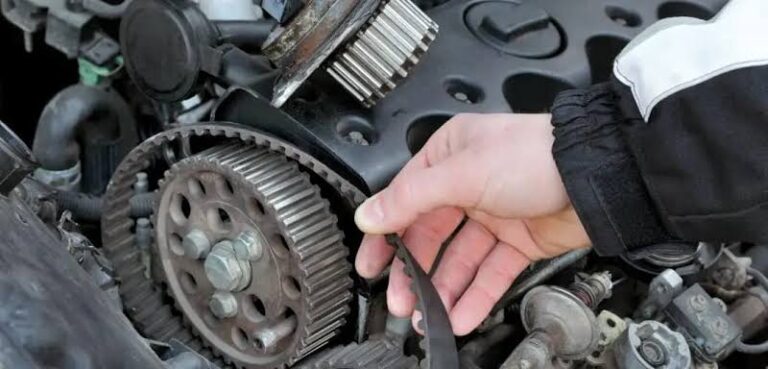
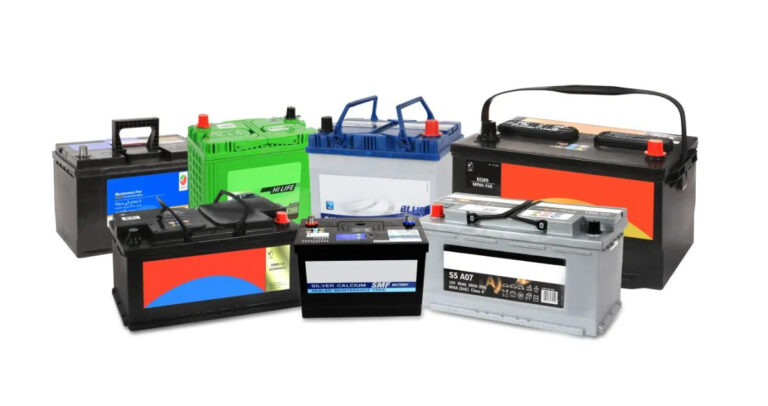

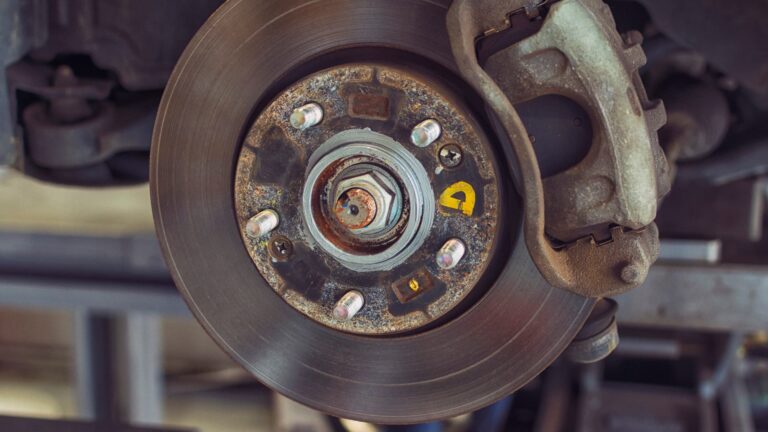
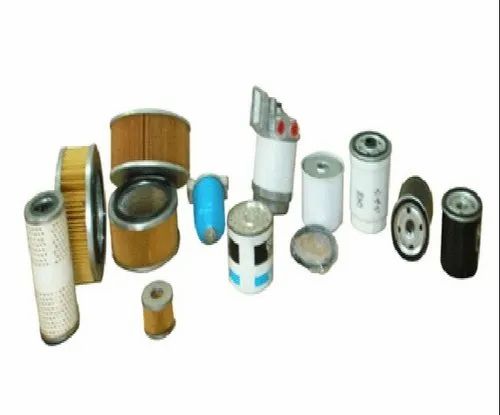
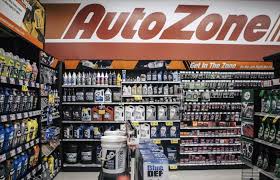
3 Comments